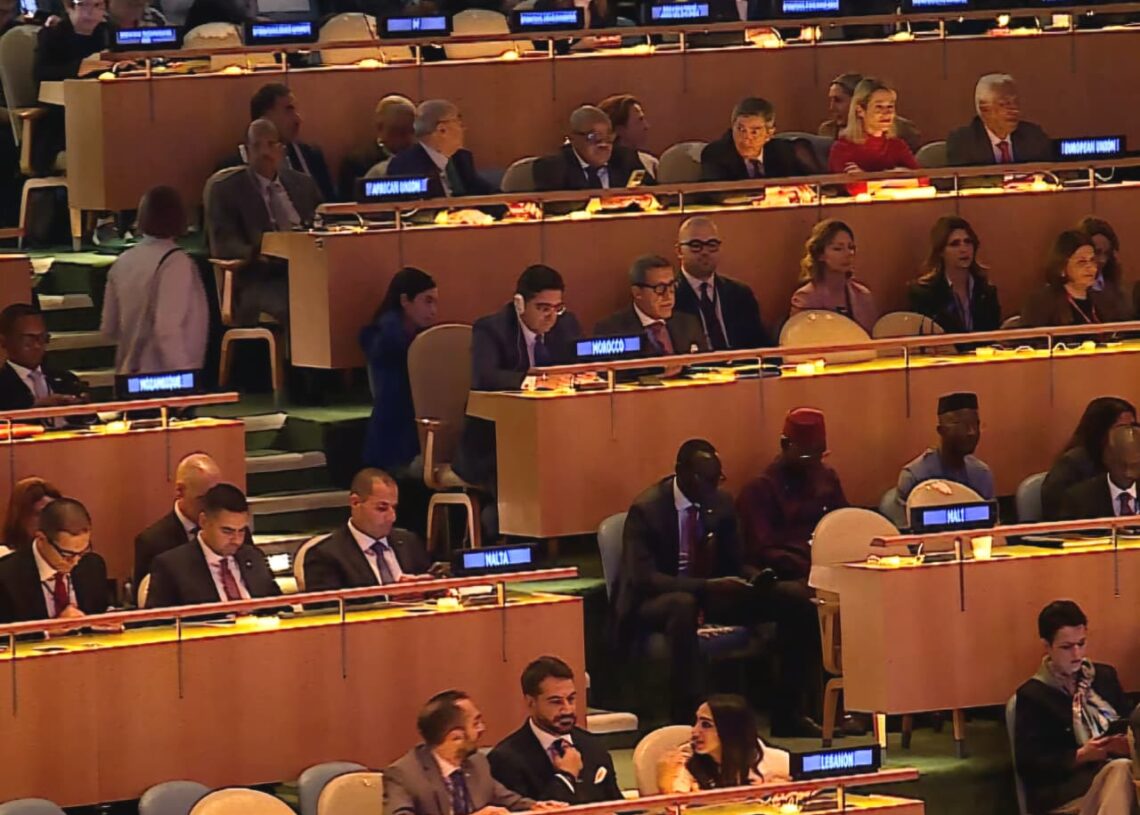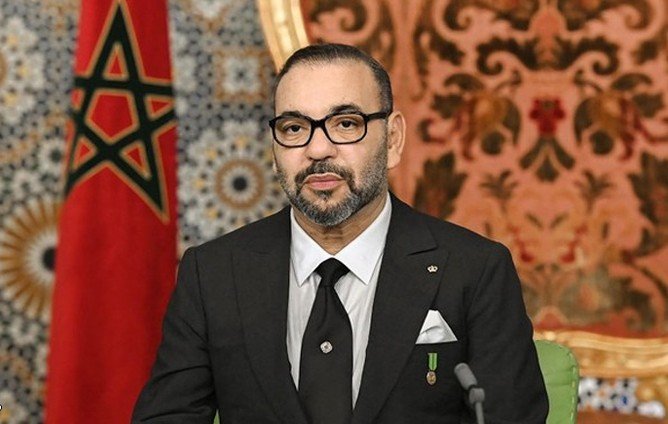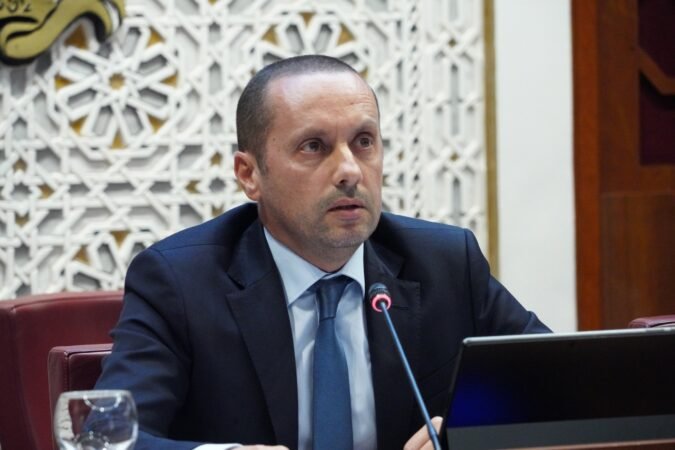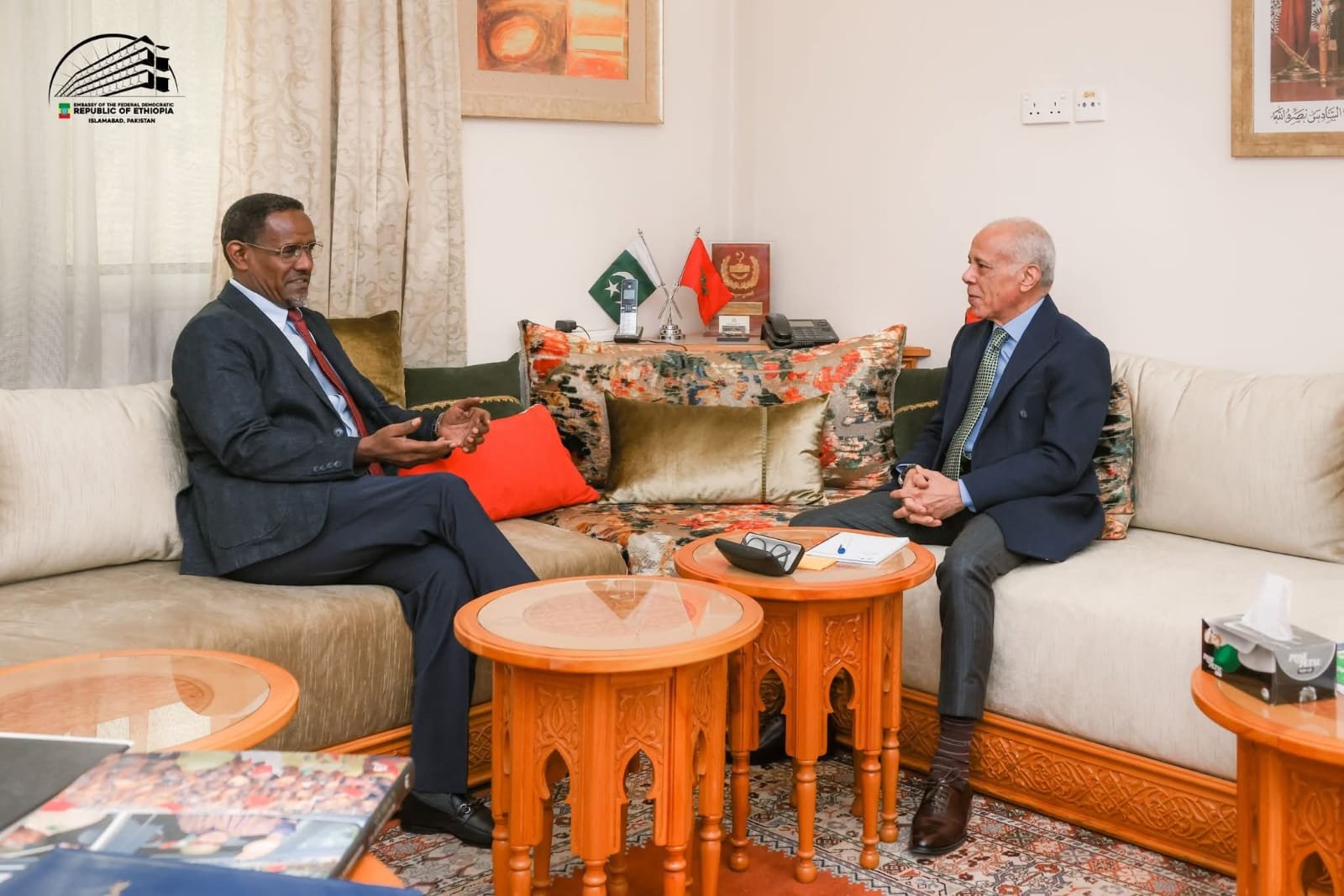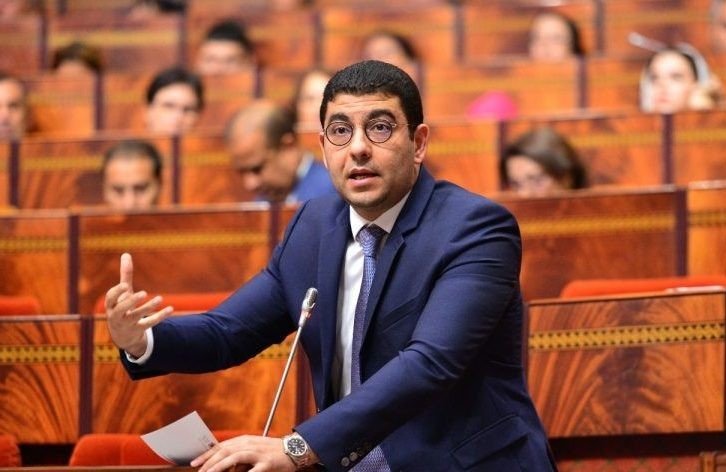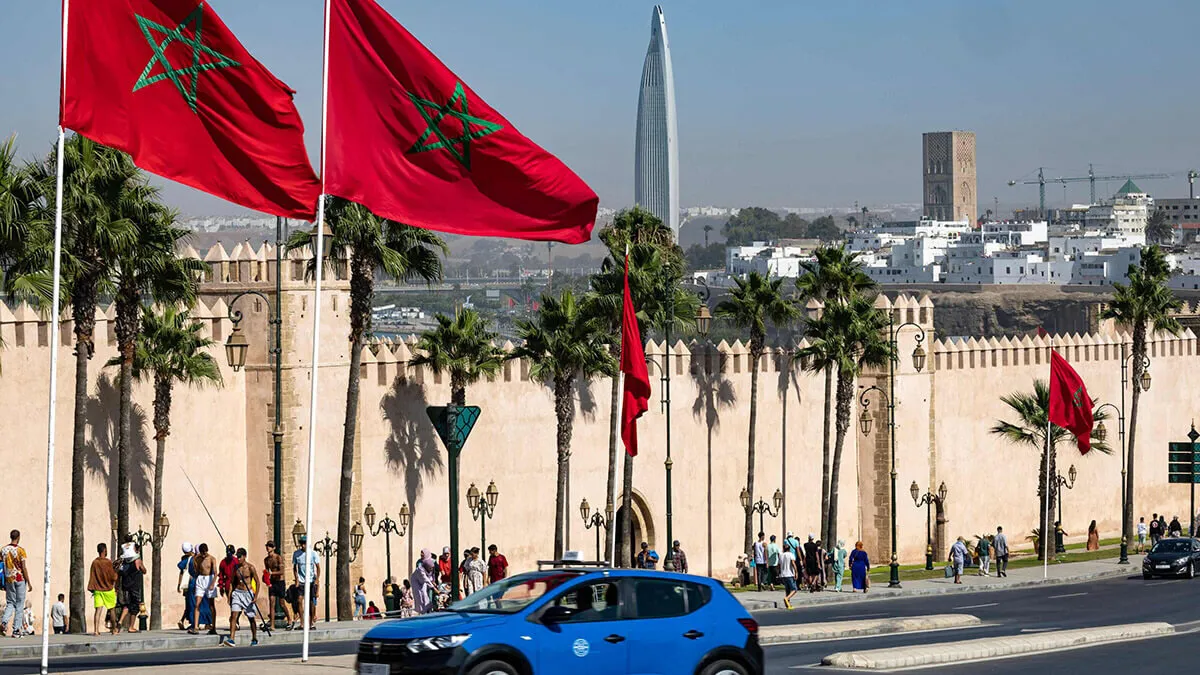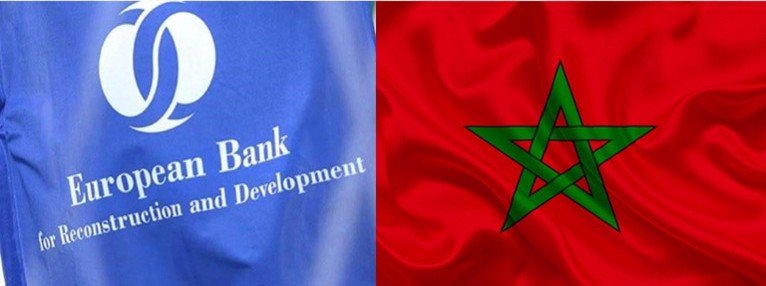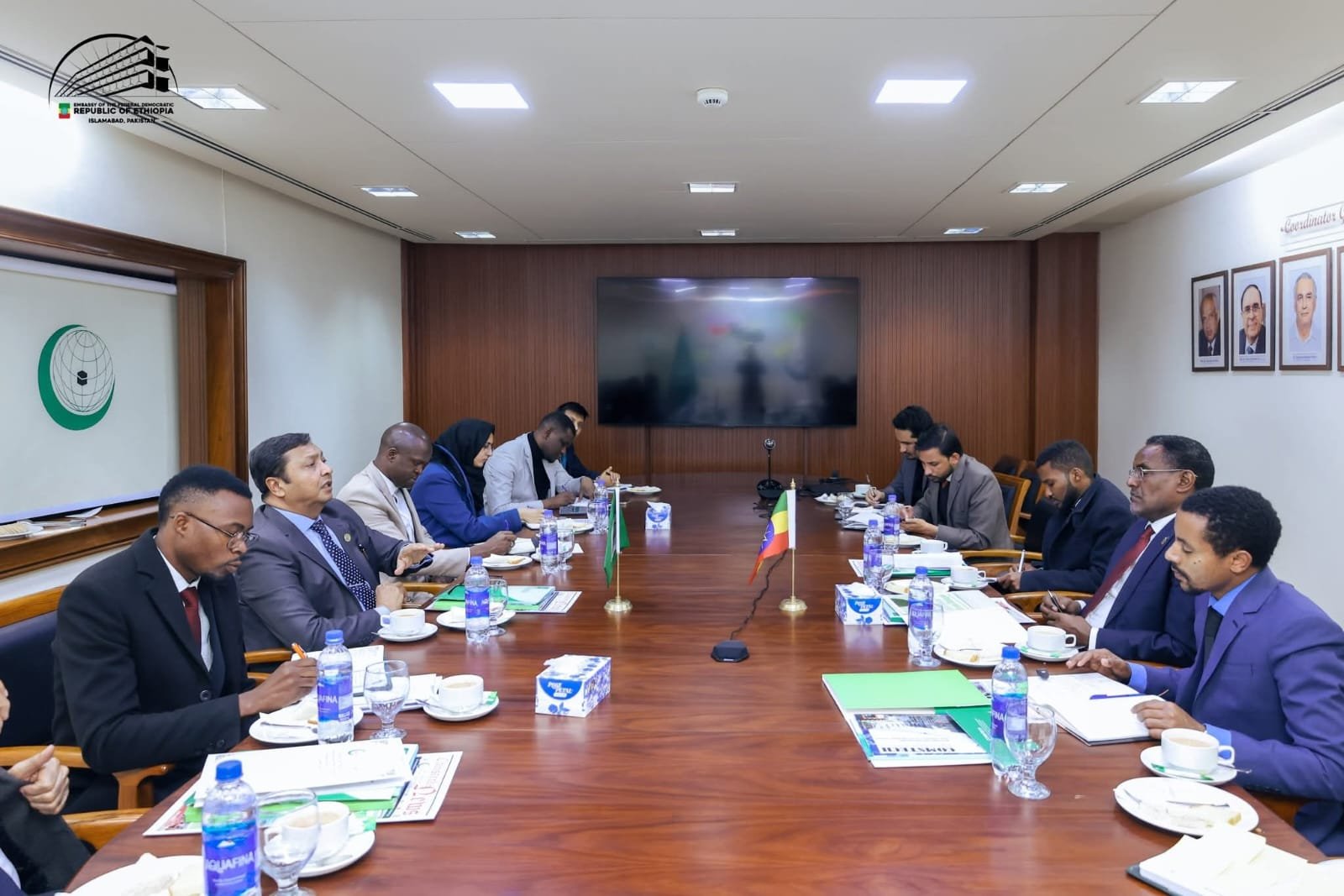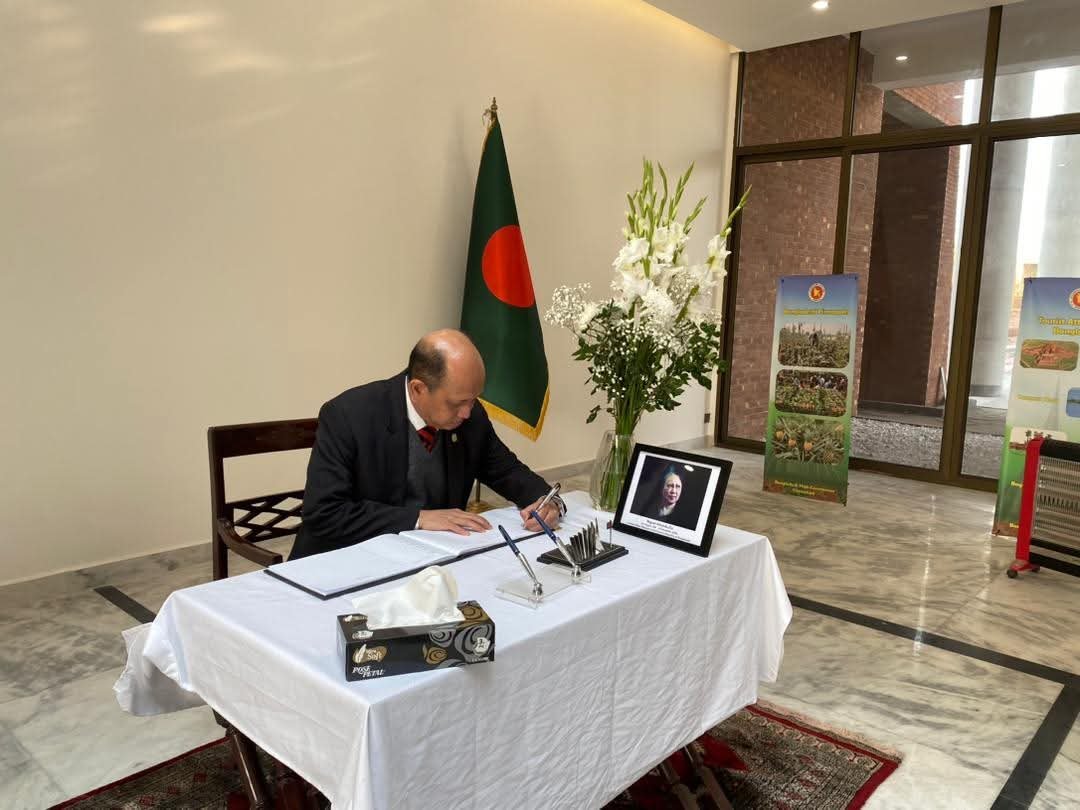New York, September 27, 2025 – The Europe Today: Morocco has reaffirmed its long-standing commitment to advancing women’s rights in peace and security by extending the implementation of its first National Action Plan on the UN Women, Peace, and Security (WPS) Agenda through 2026.
The official launch of the two-year extension took place on Thursday in New York, during a high-level ceremony chaired by Morocco’s Minister of Foreign Affairs Nasser Bourita on the sidelines of the 80th session of the United Nations General Assembly (UNGA). The event brought together foreign ministers from across Africa, Europe, Asia, and the Americas, alongside UN Women’s Executive Director Sima Bahous, underscoring the global scope of the agenda and Morocco’s active role in its implementation.
In his remarks, Bourita said the decision reflected Morocco’s conviction that sustainable peace and inclusive development are inseparable from the safeguarding of women’s rights. The announcement coincided with two landmark anniversaries: the 25th anniversary of UN Security Council Resolution 1325 on Women, Peace, and Security, and the 30th anniversary of the Beijing Declaration on women’s rights. “Without the rights of women,” Bourita stated, “neither peace nor inclusive development can truly endure.”
Consolidating progress through extension
By extending the action plan, Morocco aims both to consolidate progress achieved to date and to respond to emerging challenges. Bourita highlighted key priorities including conflict prevention, protection of women from violence, enhanced female participation in security and defense, and reinforced legal protections for women and girls.
The plan emphasizes judicial reforms, broader engagement of security institutions, and the integration of gender equality principles into education. Morocco currently ranks ninth among UN troop contributors, with over 3,400 personnel deployed, including 120 women. Nearly one-third of its peacekeeping experts are women, a development Bourita attributed to reforms that have, since 2013, opened access to advanced training and operational roles for female officers.
Domestically, the extension aligns with Morocco’s broader reform agenda. Bourita pointed to the 2011 Constitution, which enshrines gender equality, and ongoing revisions to the Family Code (Moudawana) and procedural laws designed to better protect women and girls from discrimination and violence. These measures, he said, are vital to creating a legal environment that sustains the WPS agenda.
A global partnership dimension
Morocco has also prioritized strengthening international cooperation on women, peace, and security, particularly through dialogue with African and Atlantic partners. Bourita noted the growing number of states adopting National Action Plans, describing the trend as an opportunity to transform these frameworks into tools for genuine collaboration.
While Morocco’s extension of the WPS plan demonstrates strong political will and has drawn recognition on the global stage, challenges persist. Legal gaps—especially concerning the Family Code—unequal economic participation, and recurring cases of gender-based violence remain barriers to achieving full gender equality.
Observers caution that without stronger enforcement mechanisms and deeper social transformation, such initiatives risk gaining symbolic success internationally while falling short of meaningfully improving the daily lives of Moroccan women.
